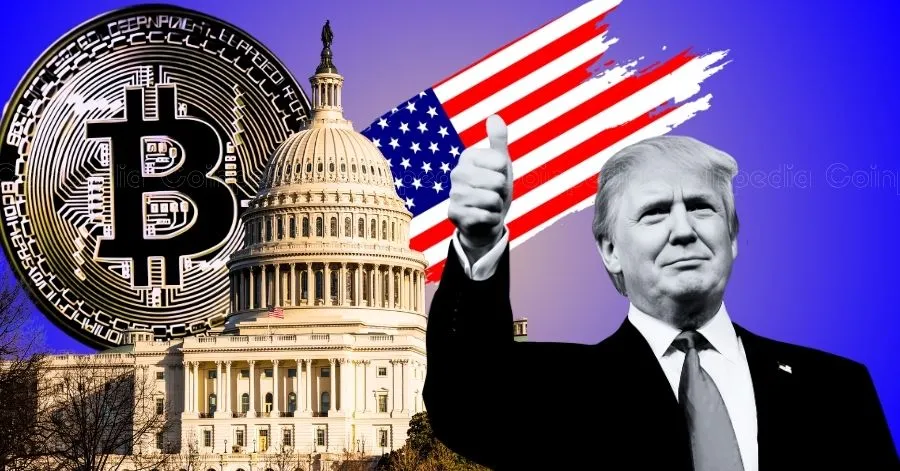
In a bold move that could redefine America’s financial future, President-elect Donald Trump’s team is considering the elimination of key federal agencies, such as the Federal Deposit Insurance Corporation (FDIC). This potential shift raises questions about the stability and innovation of the nation’s financial landscape. Is Trump’s Plan to dismantle the FDIC a gateway to modern financial progress, or does it pose a risk to established stability?
Understanding the FDIC’s Role in Financial Security
The Federal Deposit Insurance Corporation (FDIC) serves as a cornerstone of financial trust, ensuring that bank deposits remain protected even if a bank faces failure. Established in the wake of the Great Depression, the FDIC was designed to cultivate a secure banking environment where individuals could confidently deposit their savings without fear of loss.
Trump’s proposition to scale back such oversight is undeniably audacious. During his previous term, he advocated for reducing bureaucratic hurdles, arguing that excessive regulations stifle economic growth. His current plan to potentially eliminate the FDIC underscores his commitment to advancing blockchain technology and fostering a more innovation-friendly environment in America. However, recent FDIC actions indicate a reluctance to embrace cryptocurrencies, presenting a complex dynamic in the regulatory landscape.
Cryptocurrency Aspirations vs. Banking Uncertainty
Trump envisions the United States as a leader in the cryptocurrency revolution, seeking to harness the potential of Bitcoin, blockchain, and other decentralized technologies. By reducing federal oversight, he aims to create an inviting environment for crypto startups and investors, positioning the U.S. as a central hub for decentralized finance. This approach is designed to propel America ahead of global competitors like China.
However, not everyone shares this optimistic outlook. Critics argue that dismantling regulatory authorities could expose banks to vulnerabilities, eroding public trust and leaving individuals’ savings at risk. While proponents of cryptocurrency emphasize its decentralized nature as a protective measure, the question remains: Is this safeguard sufficient to replace traditional regulatory frameworks?
Assessing the Potential Consequences
The absence of the FDIC could pose significant challenges for traditional banks, potentially shaking consumer confidence—a critical component of financial stability. Without robust protections, individuals might become more susceptible to fraud and financial loss. Yet, for crypto enthusiasts, this scenario represents an opportunity for greater Bitcoin adoption and blockchain innovation, potentially attracting global investors to the U.S. This aligns seamlessly with Trump’s overarching vision to revitalize American greatness.
Nonetheless, implementing such a transformative change requires congressional approval, and bipartisan opposition is likely to arise. Financial experts often cite the 2008 financial crisis as a cautionary reminder of the pitfalls associated with deregulation. Could history repeat itself if the FDIC is dismantled?
Anticipating the Future of U.S. Financial Regulations
Trump’s ambitious deregulation strategy aims to cut through bureaucratic red tape and champion cryptocurrency as the future of finance. Nevertheless, the potential risks cannot be ignored. Will the United States emerge as the global leader in crypto innovation, or will the absence of traditional safeguards usher in financial chaos? The upcoming months will be pivotal in determining whether this vision fosters groundbreaking advancements or precipitates economic instability. Ultimately, time will reveal the success or repercussions of Trump’s plan to eliminate the FDIC.






